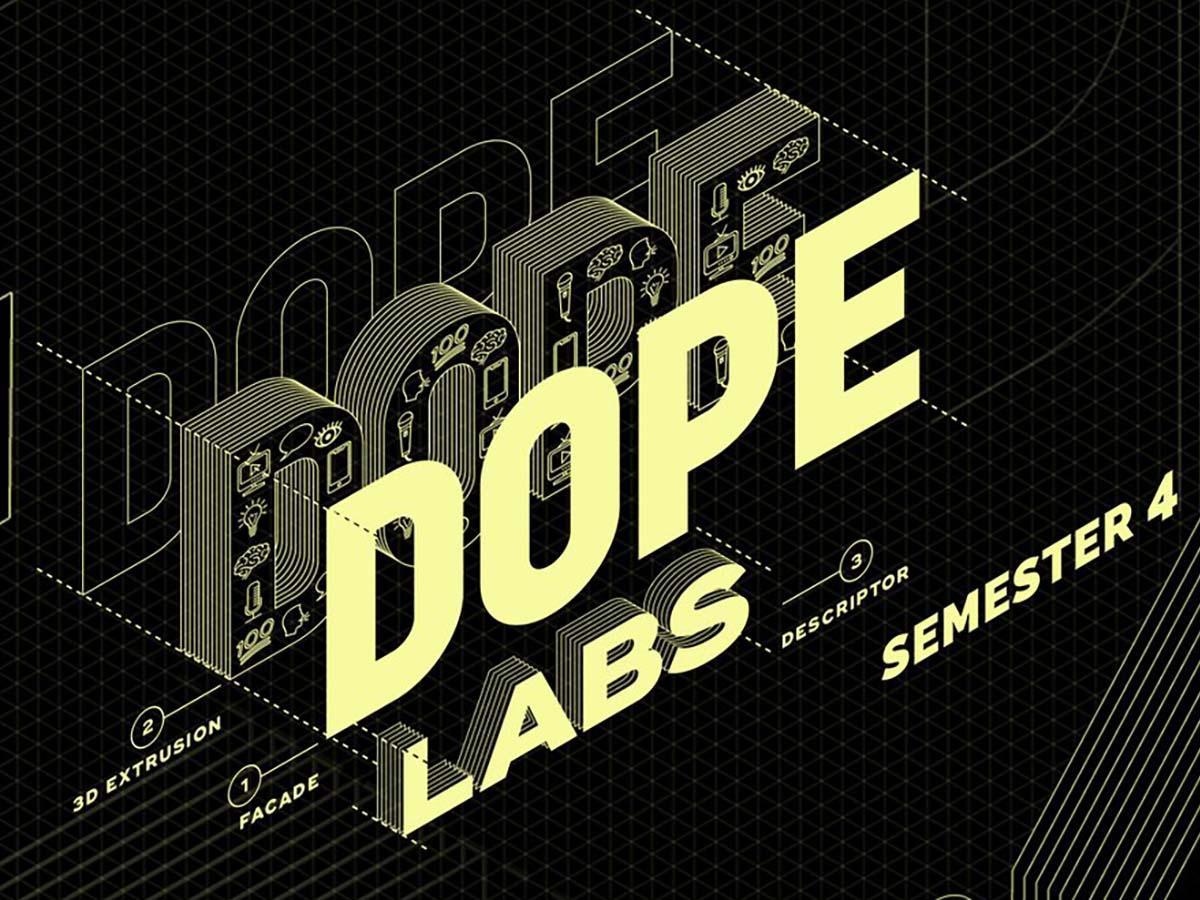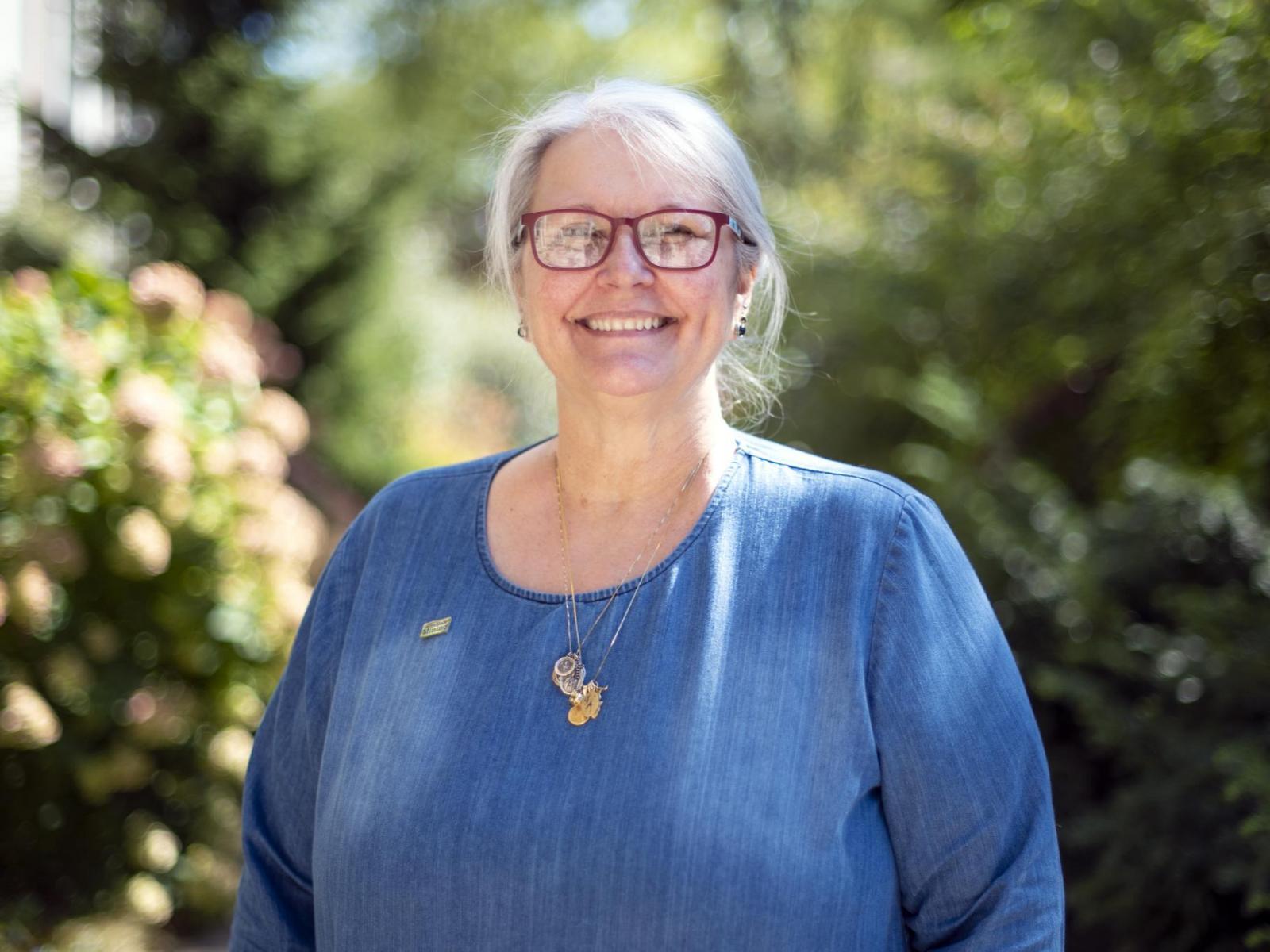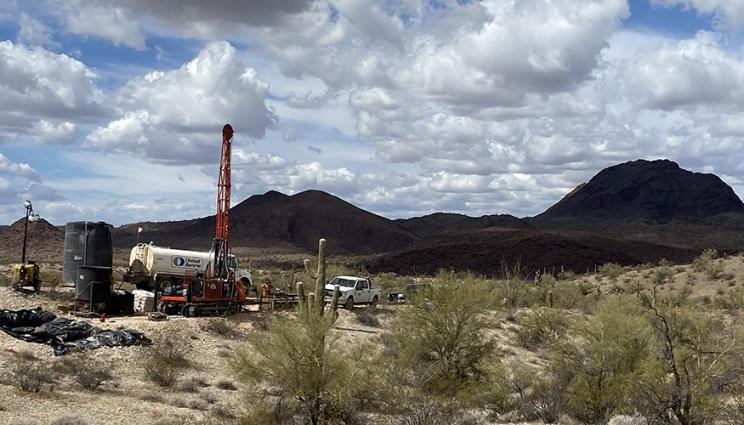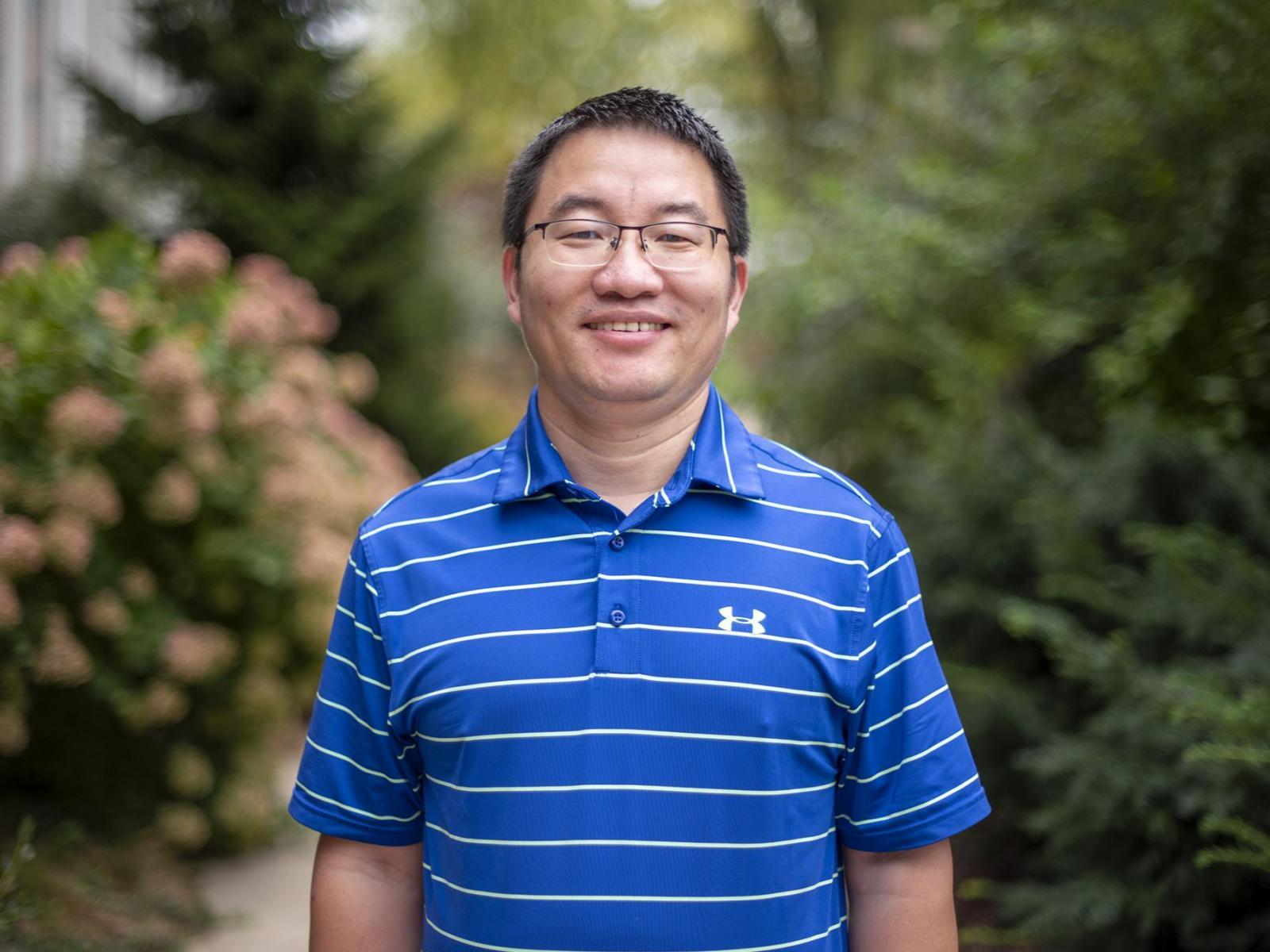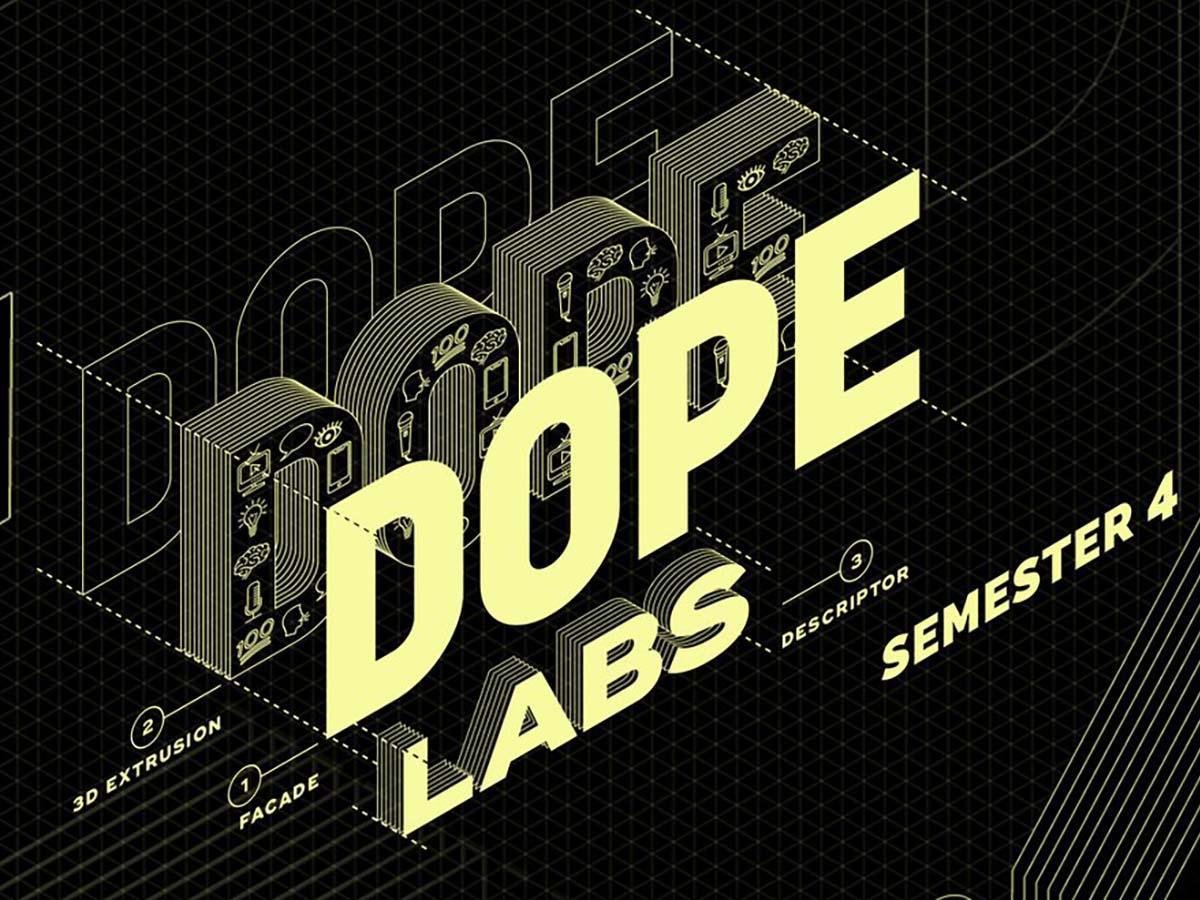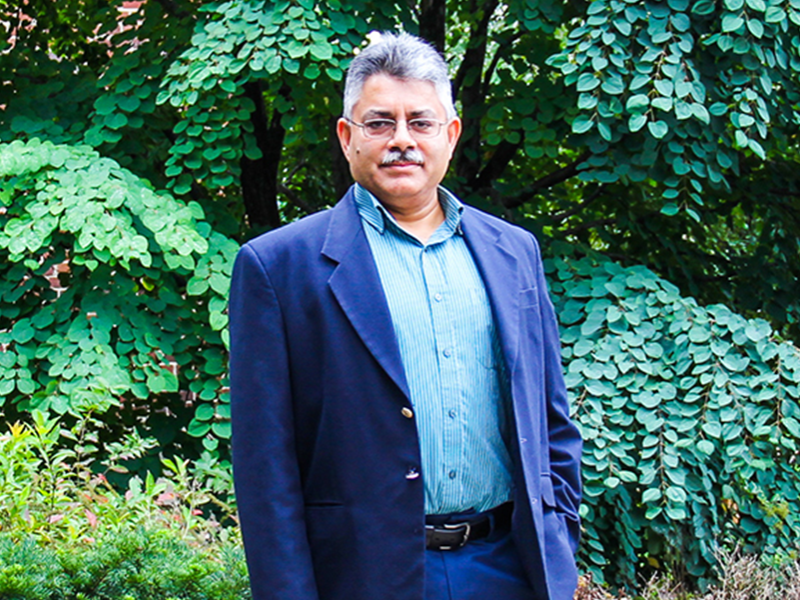Two Penn State students won awards during the MINEXCHANGE 2022 SME Annual Conference & Expo held February 27 through March 2, 2022, in Salt Lake City, Utah.
Luis Ayala, William A. Fustos Family Professor of Petroleum and Natural Gas Engineering in the College of Earth and Mineral Sciences at Penn State, is the recipient of the 2022 Howard B. Palmer Faculty Mentoring Award.
Mohammad Rezaee, assistant professor of mining engineering in the John and Willie Leone Family Department of Energy and Mineral Engineering at Penn State, has been named a 2021-22 Henry Krumb Lecturer by the Society for Mining, Metallurgy & Exploration (SME).
The topic-specific workshops were designed to introduce early-career faculty, graduate students, and postdoctoral researchers to the broader science communication community and teach them to use social media, storytelling, and a web presence to network with other scientists and engage with diverse audiences.
The vast majority of critical minerals and rare earth elements that help power electric vehicles and wind turbines come from mining operations overseas. But a new initiative spearheaded by the US Department of Energy is looking for ways to extract them from fossil fuel waste.
Increases in lung diseases have been related to respirable coal mine dust. Penn State has been awarded $327,849 from the National Institute for Occupational Safety and Health (NIOSH) to fund research targeting ways to reduce or eliminate the toxicity of respirable coal mine dust.
Lawrence Livermore National Laboratory (LLNL), Penn State (PSU) and University of Arizona (UA) researchers are partnering with industry collaborator Western Rare Earths (WRE), U.S. subsidiary of American Rare Earths Limited, to use a naturally occurring protein to extract and purify rare earth elements (REEs) from abundant, domestic ore-based feedstocks and waste materials without harming the environment. It could offer a new avenue toward a more diversified and sustainable REE sector for the United States.
Shimin Liu, associate professor of energy and mineral engineering at Penn State, is one of 29 researchers recognized as a rising star by Energy & Fuel, an international scholarly journal focused on fundamental and applied research within the energy and fuels fields, for his significant contributions in the field of energy research.
Researchers looking to extend their science communication skills beyond traditional journalism have an opportunity to learn about new ways to interact with larger and more diverse audiences. Dope Labs Science Communication Week at Penn State aims to introduce researchers to the broader science communication community and teach them to use social media, storytelling and a web presence to network with other scientists and engage with broad audiences. The four-day remote event will take place Feb. 7-10.
Sanjay Srinivasan, department head of the John and Willie Leone Family Department of Energy and Mineral Engineering at Penn State, has been honored as a distinguished member by the Society of Petroleum Engineers (SPE). One of 22 recipients selected for 2021, he joins only 696 other members honored since the establishment of the award in 1983.



